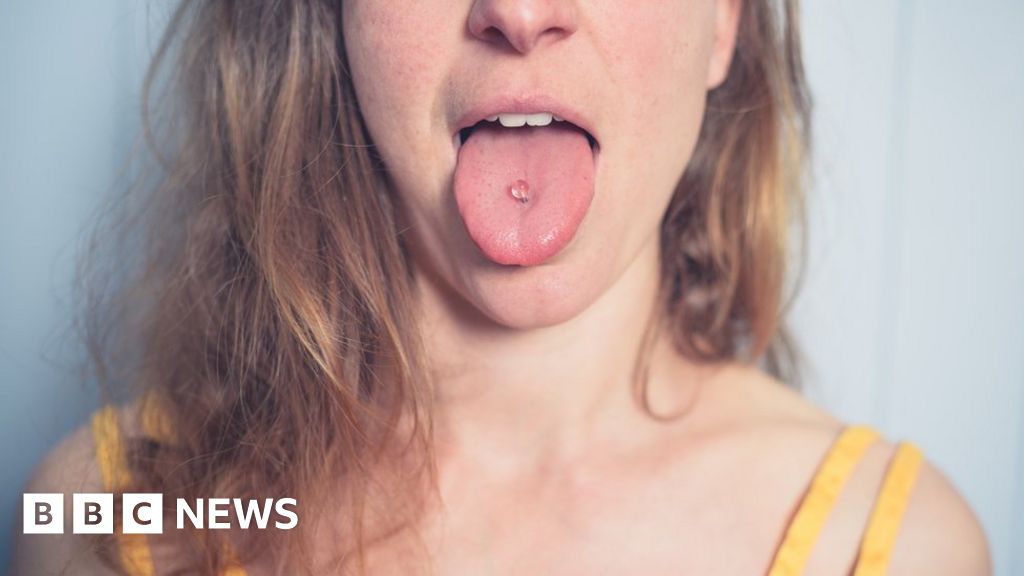
They may be found running parallel to either side of the lingual frenulum. Plica fimbriata are small fringes that are made up of mucous membrane.
#TOUNGE SPLITT SKIN#
Have you noticed something that looks like a bump or skin tag close to your lingual frenulum and wondered what it could be? While skin tags, don’t occur on the tongue, there are a few possible causes of bumps or lumps: Plica fimbriata They may be able to prescribe medications that can help with healing. See your doctor if canker sores don’t respond to at-home care.Make sure that you’re eating a well-balanced diet in order to prevent nutritional deficiencies.Avoid potentially irritating foods, such as spicy foods, while canker sores are healing. Stay away from foods that you may be sensitive to or have caused canker sores in the past.Try rinsing your mouth with saltwater or sucking on ice cubes to help relieve pain.Look for products that contain hydrogen peroxide, benzocaine, or fluocinonide. Use OTC topical products to help ease pain and promote faster healing.Preventing and treating canker soresĪlthough canker sores often go away in a week or two, there are several steps that you can take in order to help treat canker sores and prevent new ones from occurring: The cause of canker sores is unclear, but there are a variety of things that appear to trigger them, including but not limited to stress, injury, and food sensitivities. Canker sores are typically round or oval-shaped with a red edge and can be painful. They can sometimes occur under your tongue, close to the lingual frenulum. If you play sports, wear a mouth guard to help prevent injury to your mouth.Ĭanker sores are lesions that can develop in your mouth or on your gums.Use over-the-counter (OTC) topical products, such as those containing benzocaine and hydrogen peroxide, to help relieve pain associated with sores.Make sure you’re getting enough vitamins to prevent deficiencies.While you’re healing, try not to eat foods that may further irritate your tongue.Avoid using products or medications that you’ve noticed lead to pain or irritation.You can do the following things to help manage and prevent soreness at or around your lingual frenulum: Preventing and treating a sore lingual frenulum Behcet’s disease, a rare condition in which inflamed blood vessels can lead to the development of sores.some medications like nonsteroidal anti-inflammatory drugs ( NSAIDs) and beta-blockers, which can cause ulcers.certain mouthwashes, which can lead to tongue irritation.


Because of this, it’s something that’s routinely checked for at birth. However, in some cases, it may be abnormally attached.Īn abnormally attached lingual frenulum can affect both nutritional and developmental milestones in babies.

The lingual frenulum normally extends from the bottom of your mouth to the midline of your tongue.


 0 kommentar(er)
0 kommentar(er)
